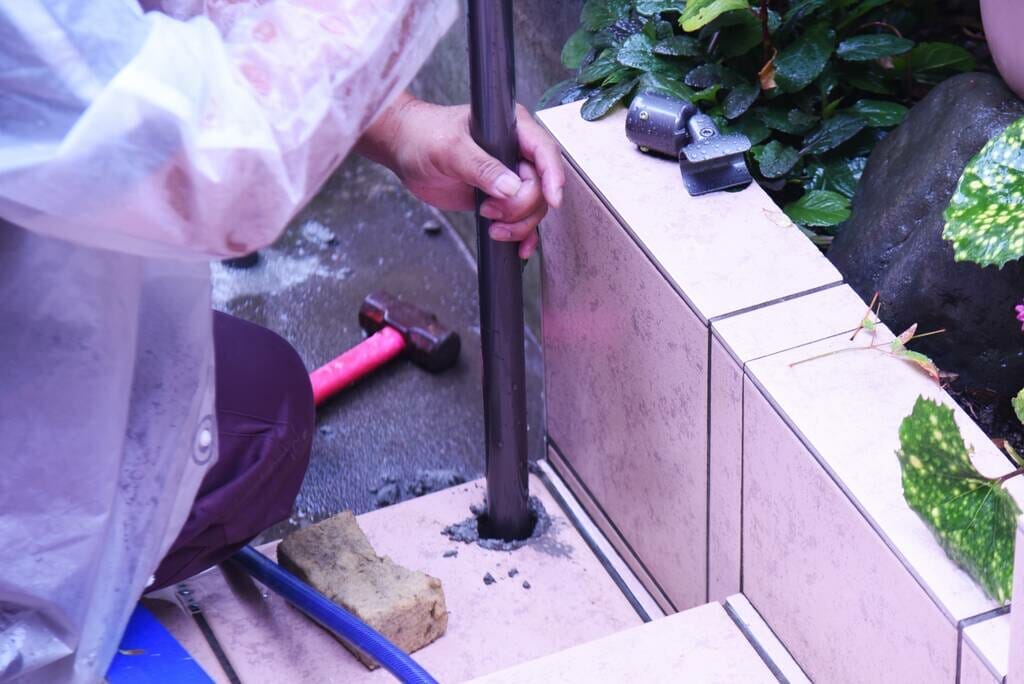The National Disability Insurance Scheme (NDIS) has been a game-changer for individuals with disabilities in Australia. It aims to provide support and assistance to people with disabilities to lead a more fulfilling life and achieve their goals. While the NDIS primarily focuses on funding services and supports, it also recognises the importance of maintaining a safe and accessible living environment. That’s where NDIS property maintenance services come into play.
In this blog, we’ll delve into common NDIS property maintenance services and what’s covered under this essential aspect of the NDIS plan.
Understanding NDIS Property Maintenance Services
Property maintenance services under the NDIS are designed to ensure that a participant’s home remains safe and functional. These services help participants maintain their independence by addressing various issues related to their living environment. It’s important to note that the NDIS can cover these services when they are related to a participant’s disability and are considered reasonable and necessary.
What’s Covered?
General Repairs and Maintenance
The NDIS can cover the cost of general repairs and maintenance required to keep a participant’s home in good condition. This includes fixing leaking taps, broken doors, windows, and other minor repairs.
Garden Maintenance
Many individuals with disabilities may find it challenging to maintain their gardens. NDIS property maintenance services can cover garden maintenance tasks such as lawn mowing, weeding, and pruning to ensure that outdoor spaces are accessible and safe.
Ramp Installation and Maintenance
Participants who require wheelchair access may need ramps installed or maintained. NDIS can fund the installation and upkeep of ramps to ensure participants can move in and out of their homes independently.
Handrail Installation
Installing handrails in bathrooms, hallways, and staircases can greatly enhance the safety and accessibility of a participant’s home. The NDIS may cover the cost of handrail installation.
Smoke Alarm and Safety System Maintenance
Ensuring that smoke alarms and safety systems are functioning correctly is crucial for the safety of participants. NDIS property maintenance services can cover the maintenance and repair of these systems.
Pest Control
Pest infestations can be a significant issue for anyone, but they can be especially problematic for individuals with disabilities. NDIS can cover the cost of pest control services to maintain a healthy living environment.
Plumbing and Electrical Repairs
When plumbing or electrical issues arise, NDIS property maintenance services can cover the cost of repairs. This ensures that participants have access to clean water and a safe electrical system.
Modification and Adaptation
In some cases, participants may require more extensive modifications or adaptations to their homes to accommodate their disability. This can include bathroom modifications, widening doorways, or installing special equipment. The NDIS can fund these modifications when they are deemed reasonable and necessary.
Cleaning Services
Maintaining a clean and hygienic home is essential for the health and well-being of participants. NDIS property maintenance services may cover the cost of regular cleaning services.
Home Safety Assessments
To identify potential hazards and safety concerns in a participant’s home, the NDIS can fund home safety assessments. These assessments help determine what property maintenance services are needed to create a safe living environment.
What’s Not Covered?
While the NDIS covers a wide range of property maintenance services, it’s essential to be aware of what’s not covered to avoid any misconceptions:
Cosmetic Upgrades
The NDIS does not cover cosmetic upgrades or renovations that are not related to a participant’s disability or are considered non-essential.
Regular Upkeep
Participants are responsible for regular upkeep and maintenance that any homeowner or tenant would typically handle, such as changing light bulbs or basic cleaning.
Upgrades Beyond Necessity
While the NDIS can cover necessary modifications and adaptations, it may not fund upgrades that go beyond what is required to meet the participant’s specific disability-related needs.
Maintenance for Non-NDIS Properties
Property maintenance services provided by the NDIS are typically limited to properties where the participant lives or intends to live. They do not cover maintenance for properties that are not related to the participant’s disability or living situation.
How to Access NDIS Property Maintenance Services
To access NDIS property maintenance services, participants must go through a specific process:
Assessment and Planning
Participants must have an NDIS plan in place. During the planning process, participants can discuss their property maintenance needs with their NDIS planner or support coordinator.
Documentation
It’s essential to provide documentation and evidence of the disability-related property maintenance needs. This may include assessments, quotes, and reports from professionals.
Reasonable and Necessary
The NDIS will assess whether the requested property maintenance services are reasonable and necessary based on the participant’s disability and living situation.
Budget Allocation
If approved, the NDIS will allocate a budget for property maintenance services in the participant’s plan.
Service Provider Selection
Participants can choose an appropriate service provider to carry out the required property maintenance tasks.
Service Delivery
The selected service provider will perform the necessary property maintenance services within the approved budget.
Review and Ongoing Support
Participants can review their NDIS plan periodically to ensure that their property maintenance needs continue to be met.

NDIS property maintenance services play a vital role in helping individuals with disabilities maintain safe and accessible living environments. These services cover a range of tasks, from general repairs to more extensive modifications, all aimed at enhancing the quality of life for NDIS participants. Additionally, the installation of solar panels ensures a more reliable power source, reducing dependence on traditional grid electricity and enhancing the resilience of properties against power outages.
It’s crucial for participants and their support networks to understand what is covered and what is not under the NDIS property maintenance services to make informed decisions and ensure that their living environments remain safe and suitable for their needs. By accessing these services, individuals with disabilities can continue to live independently and pursue their goals with confidence.
